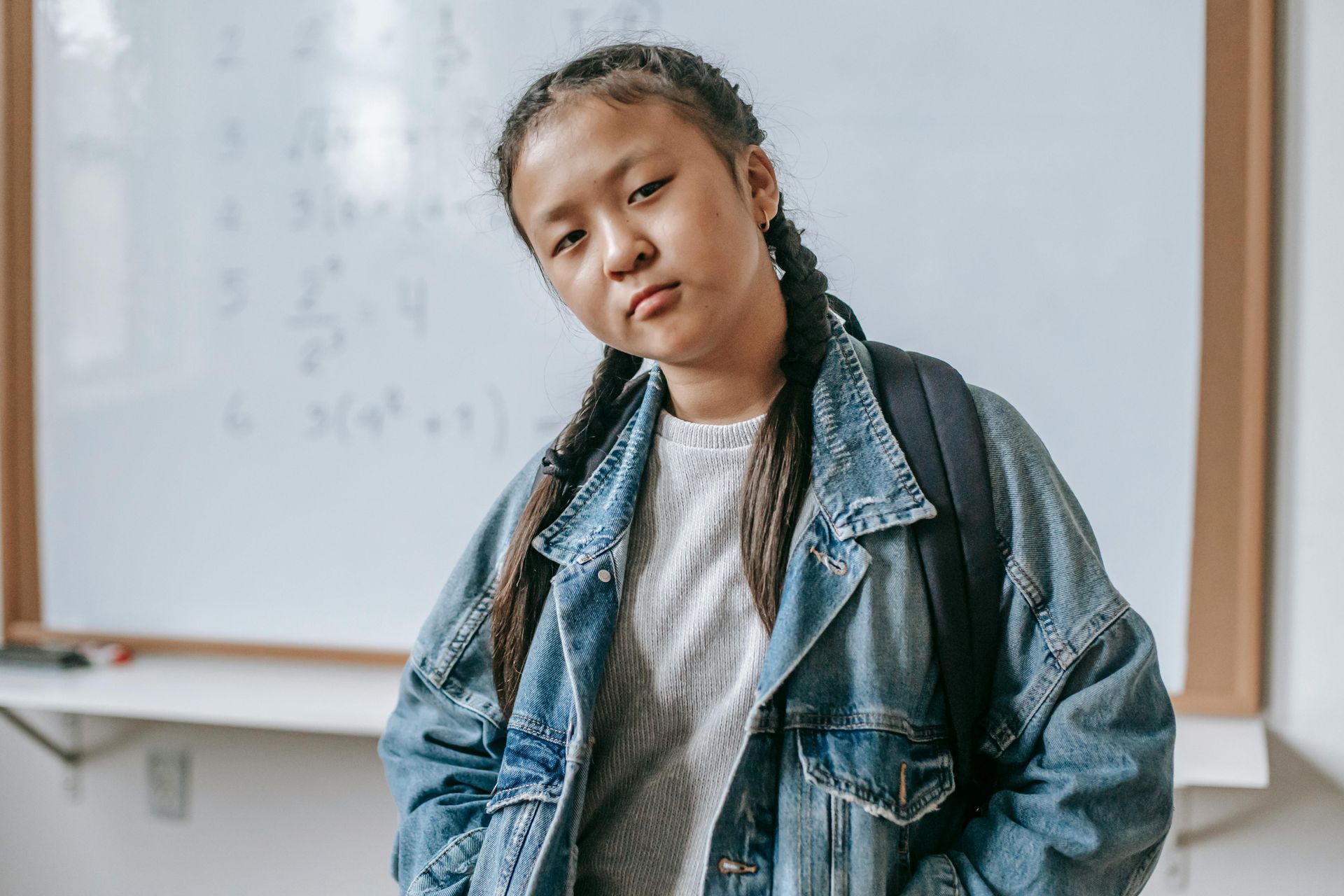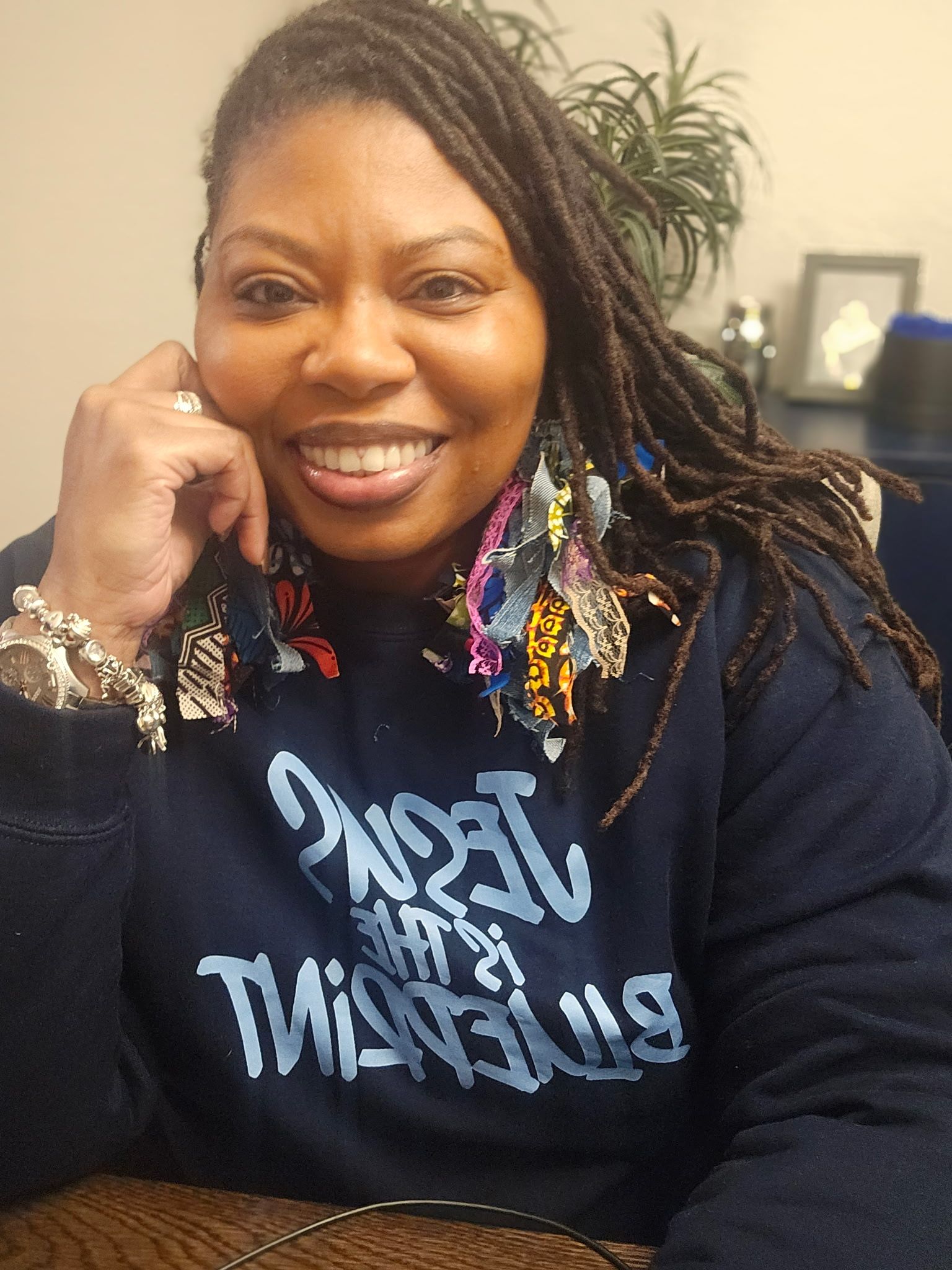Story of Hope: Ellie Harrington
Story of Hope: Ellie Harrington
Ellie has been an Advocate with CASA for almost two years. She graduated from advocate training in May 2021, and eagerly signed onto her first case in July 2021. Upon reading the circumstances under which the four children she advocates for came into care, Ellie knew she wanted to do all she could to help these children. Her CASA children’s ages range from 3-17, and the case came into CPS custody because of neglect and drug use by the children’s parents. There were also mental health concerns for the mother and the eldest in this case was parentified to care for the younger siblings. The family has a long history of CPS, and upon their removal, the children were first placed with relatives. However, those placements fell through, and the children were moved into different foster homes and separated from each other.
Throughout the almost two years the case has been open, Ellie has been a constant figure in these children’s lives. She has followed them to every placement, school, and therapy they are enrolled in. Ellie makes it a point to visit with each child every month and spends quality time with them, asking about their well-being, feelings and wishes. She also ensures the children see each other and partake in sibling visits as they are very bonded to one another. Ellie will help transport the children to visits with their mother or will at times take the children out together so they can spend quality time with one another and maintain that bond. Ellie also makes sure at every home visit, the homes the children are placed in are safe, and not only providing for their physical needs, but their emotional needs as well.
Ellie has made several impacts on her case; maintaining close contact with the children’s attorney, their schools’ counselors, and teachers, and bringing up any concerns she sees. Ellie, the CPS caseworker, and the children’s attorney have formed an amazing team and keep each other updated regarding anything the children may need. One area Ellie has made a huge impact on is in the children’s educational goals. Ellie has advocated tirelessly to have the oldest children’s teachers test them for special services and is in constant communication with school counselors and teachers, requesting ARD meetings to ensure the children are receiving the educational services they need and deserve to help them succeed in school. Not only does Ellie communicate with the children’s teachers, therapists, and the caseworker to ensure she is made aware of any issues or concerns, she is also continually asking for information on assistance with driver’s ed for the oldest children and follows up with the PAL program coordinator to ensure both children are receiving those services.
Throughout the entirety of the case, Ellie has also maintained communication with the children’s mother. Mom has completed all court-ordered services and has truly made huge strides for the better. So much so, the children are currently in the process of transitioning back into the home. Unfortunately, the fathers in this case did not comply with services, but mother understood what needed to be done to be reunited with her children and continues to better herself for her children. Ellie’s encouragement has tremendously helped the outcome of this case; she listens and validates what the mother expresses to her, redirects her to the caseworker or her attorney with any questions mom has, and helps seek answers to questions mom may bring up. Anytime she has a question or concern, Ellie will call me or the caseworker to try to resolve an issue or find the best solution to the situation. She is also continually looking for resources in the community to help the family out. This past month, Ellie helped mom obtain a refrigerator needed to prepare her home for the children to return. Through CASA, Ellie will also help provide two beds and a toddler mattress for the children’s bedrooms.
Ellie has been a great blessing to this family. She has the perfect balance of compassion and courage. She is a mama bear when it comes to her CASA children and I am grateful for all she has done, not only for the children, but for me as her supervisor. Ellie is not afraid to speak up in court on the children’s behalf and has strongly voiced her opinion to all parties on the case over what she believes to be in the children’s best interest. She keeps me informed of the case progress, exceeds CASA’s minimum expectations as an advocate, and attends trainings, meetings, and hearings regularly.
Ellie is a true example of an exemplary CASA advocate!









